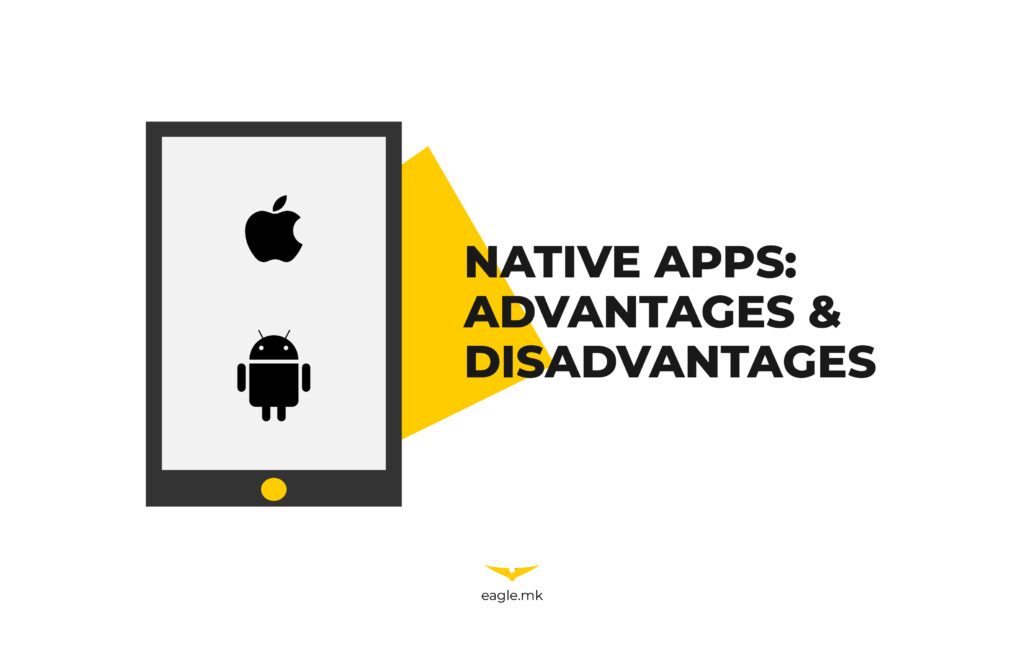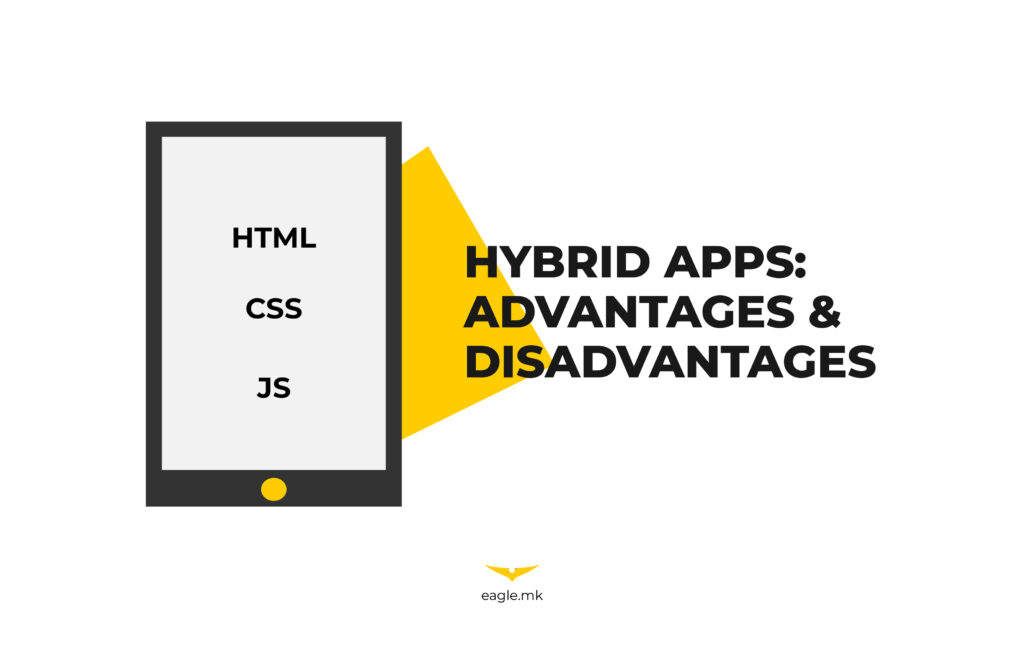In the world of business, apps are a great way to increase your customer base, but they can also be hard and expensive to build and maintain. That’s why it’s important to know what type of app you want before developing. If you’re looking for an all-in-one solution for your business needs, then hybrid apps might be ideal for your needs. However, if you need more customization options or prefer using native features only available on specific operating systems, a native app will work better for your needs.
Read on and discover the thrilling battle of Native vs. Hybrid Apps.
Here are some points to understand the difference between native vs hybrid apps:
- What are native apps?
- Advantages and disadvantages of native apps
- What are hybrid apps?
- Advantages and disadvantages of hybrid apps
1. What Are Native Apps?
Native apps are software that is built specifically for a specific operating system. In other words, you can build a native app specifically for Android or iPhone. However, you can create the same native app for both devices, but you need different codes. For example, native apps for Android are written in Java or Kotlin programming languages, while native apps for iPhone are written in Swift or Object – C programming languages. Since they operate on a particular device, native apps are faster and perform better.
2. Advantages and Disadvantages

Native apps can access device features
Native apps can access device features like a camera, calendar, GPS, microphone, etc.
Native apps have access to the hardware and software features of the device they are running on. This is a significant advantage over hybrid apps, which do not have direct access to these features.
Faster and more reliable
Native apps are faster because they use the device’s hardware. Because each OS has its own set of features and apps, it can be more challenging to create an app that works well across platforms. Native apps are also more reliable because they’re built specifically for a specific operating system. Hybrid apps are slower than native ones because they run in a web browser instead of directly on your device, slowing them down significantly.
More expensive
The total expense associated with creating and maintaining a native app is significantly higher. You need to hire a team to build an app that will be available on Android, and you’ll need another team to build an app for iOS. Thus, the costs are higher.
Time Consuming
Native apps require more development time since they are written in different codebases for each platform. To create a native app that will work on Android and iPhone, you need a specialized development team for each, Google Play Store and Apple App Store.
3. What Are Hybrid Apps?
Hybrid apps are a combination of both native and web apps. Hybrid apps are supported by multiple platforms and written in HTML 5, CSS, and JavaScript. They are built with the help of web technologies such as JavaScript, HTML5, CSS3, etc., which makes them easy to maintain. You can use hybrid apps on more than one platform, like Android devices or iOS devices, as well as Desktop computers or laptops.
4. Advantages and Disadvantages

Easy to maintain
You can change the code once and upload it to all platforms. This is an advantage for hybrid apps because you don’t have to worry about updating on multiple platforms.
Time and cost-effective
An advantage of hybrid apps is that they’re written in one codebase, which makes them more cost-effective.
In Addition, writing a piece of code just once can save a lot of time. As a result, development process is significantly quicker than with a native app, reducing costs. Apps that typically take months to develop can be ready in a matter of weeks.
Lower performance
A disadvantage of a hybrid app is that its performance is less efficient. This is so that a layer separates the operating system and the source code. The performance degradation varies by application. When the application is small, this typically goes unnoticed.
Less user-friendly
The user experience of a hybrid app’s interface is poor comparing to native apps. Because each operating system functions differently, not every system will be compatible with the hybrid application design. For instance, if you create a hybrid app in accordance with Android OS specifications, the experience for IOS users may deteriorate. The same thing might occur in reverse.
Native vs Hybrid apps: Summing up
When you consider building an app, you should know what you are trying to develop.
Native apps have better performance and functionality. However, you need different codes if you want it to be available on more than one platform, which can be a problem for your time and budget.
On the other hand, hybrid apps are cost-effective since you can use only one codebase for multiple platforms and are easier to maintain. But they don’t have the performance and functionality that native apps have.
These are the most notable differences between native vs hybrid apps. Are you still struggling to make a choice? Give us a call and book a free consultation, and we will gladly help you with your decision 😊


